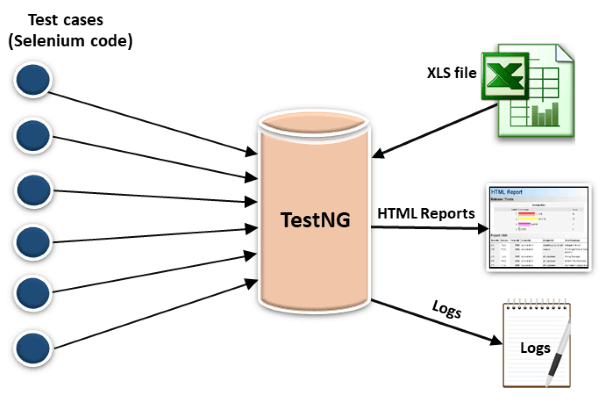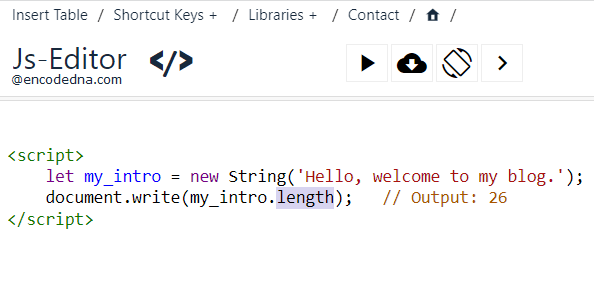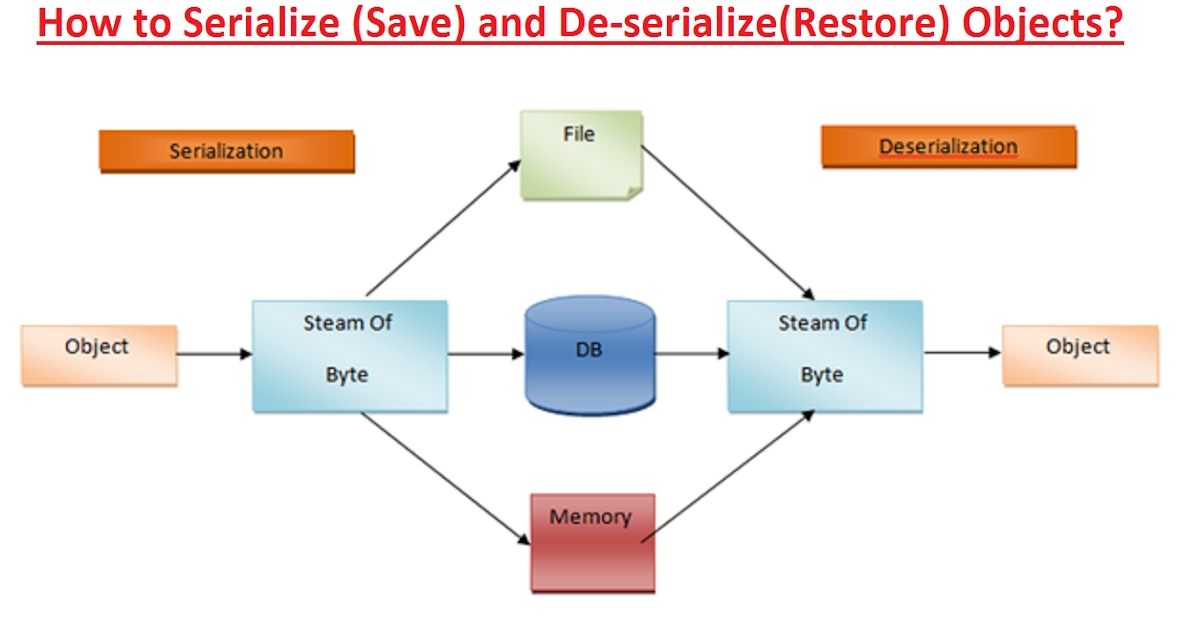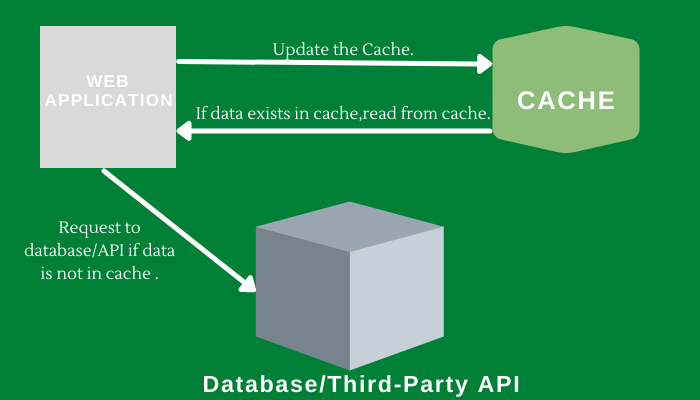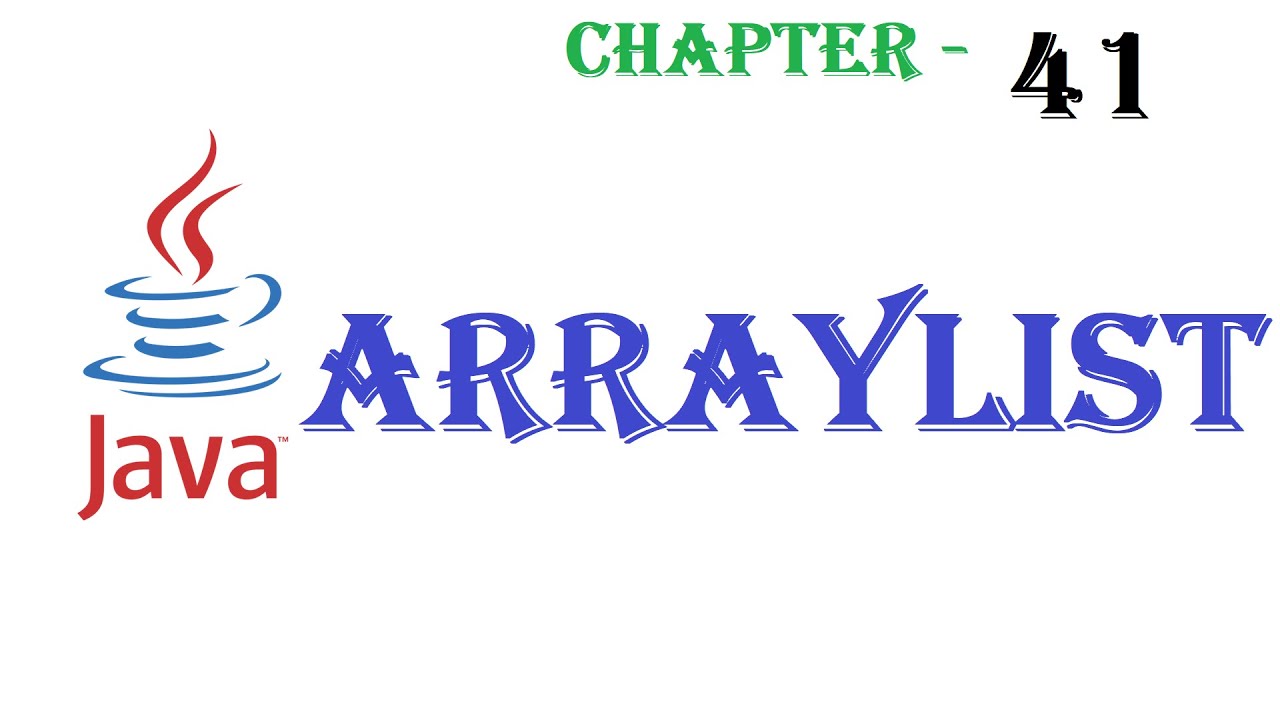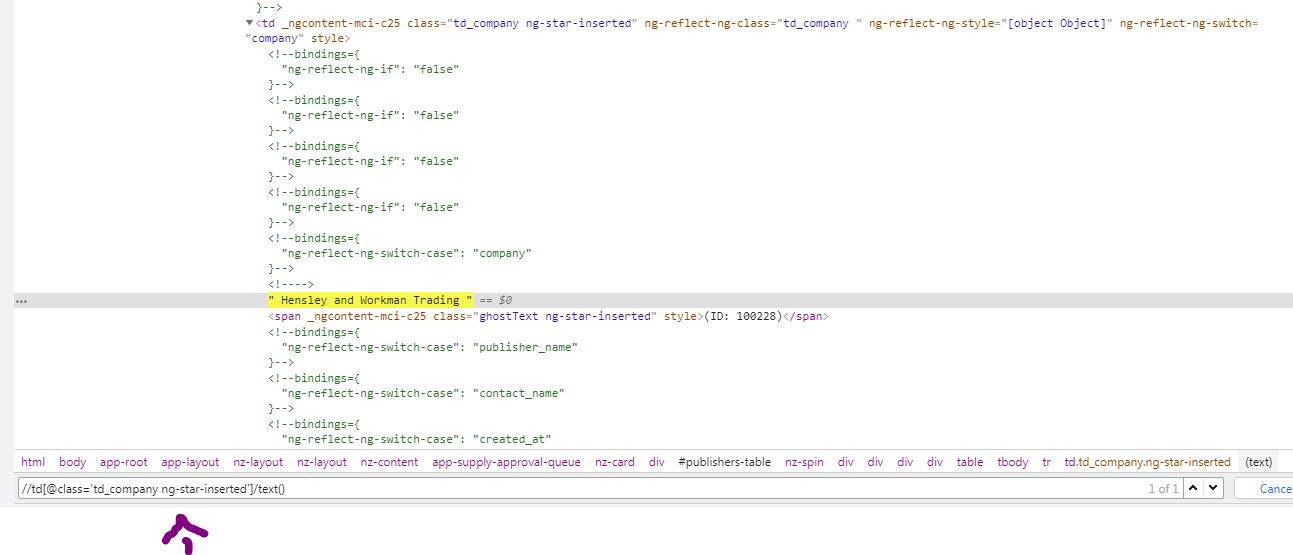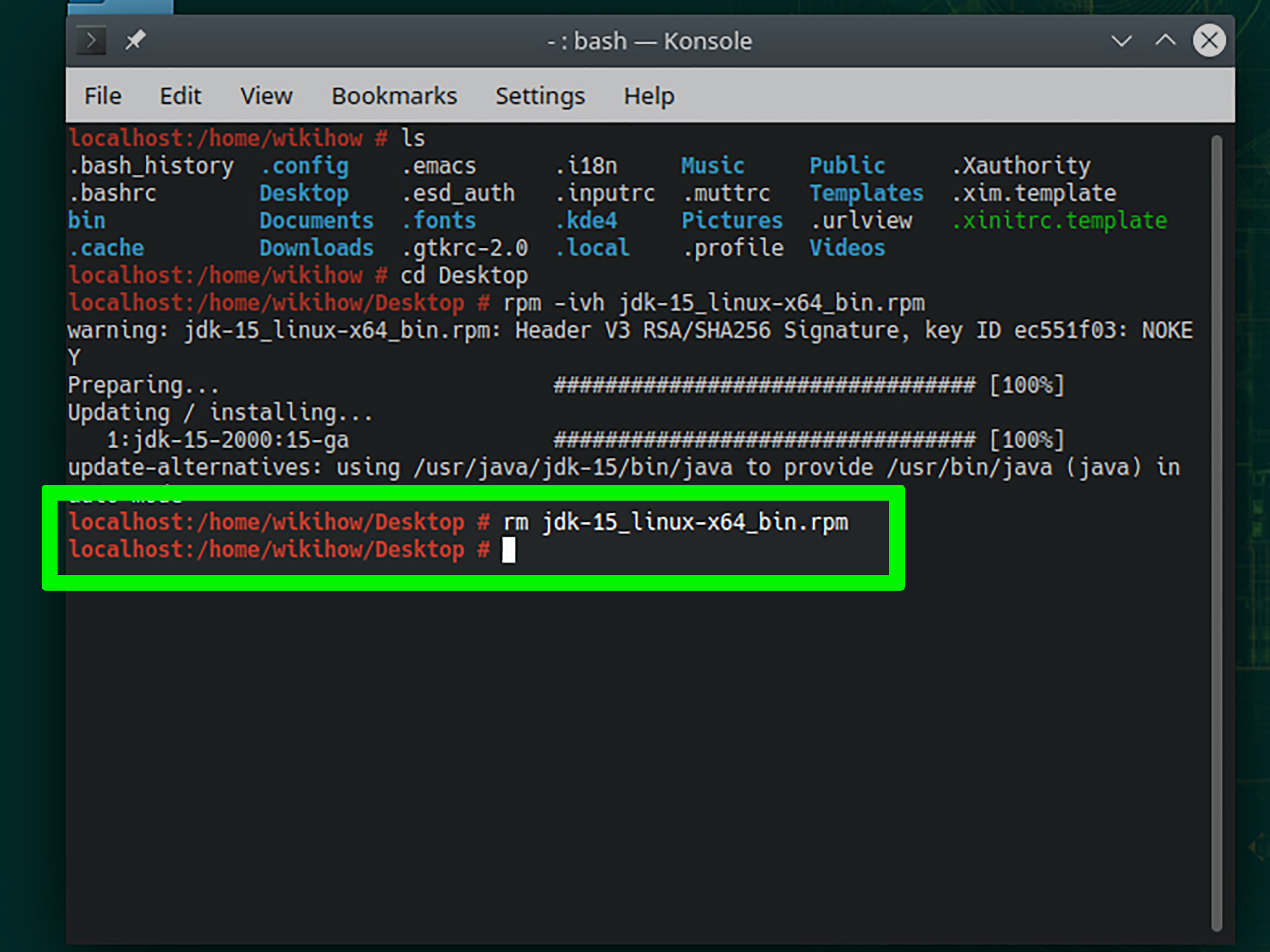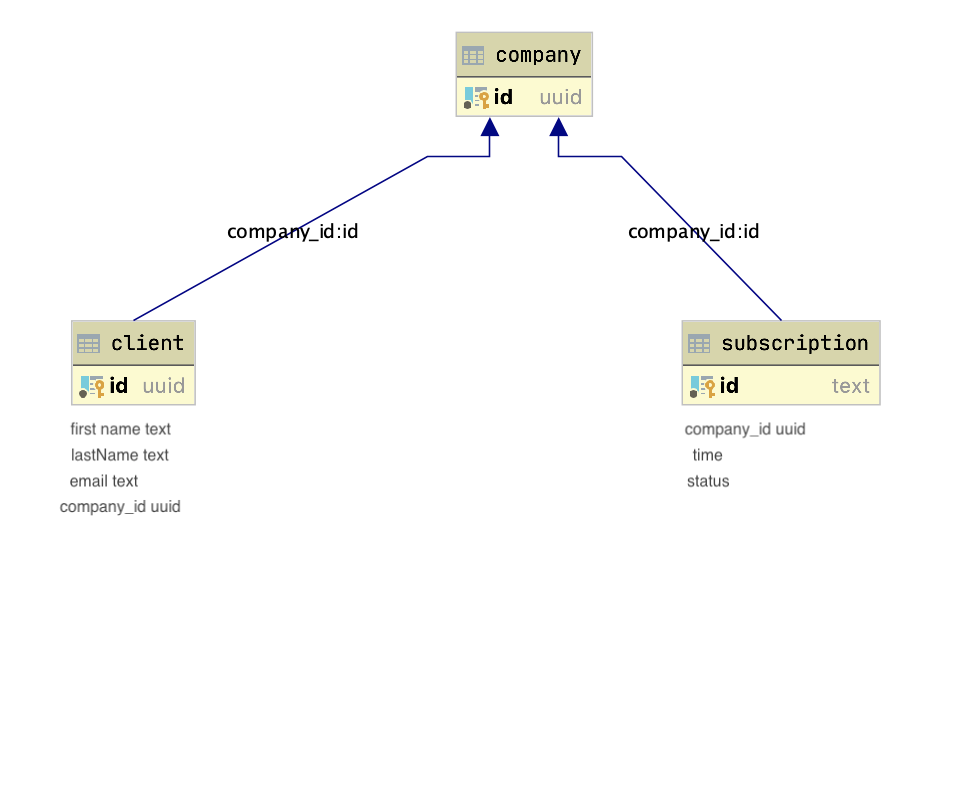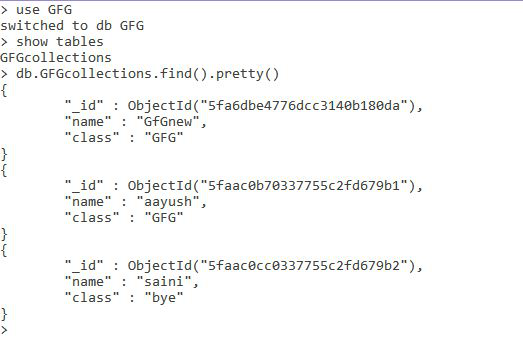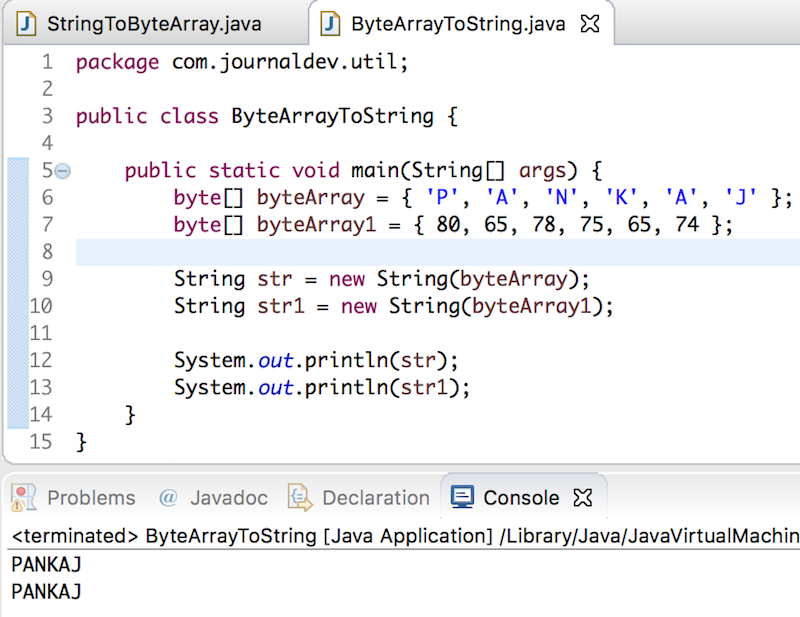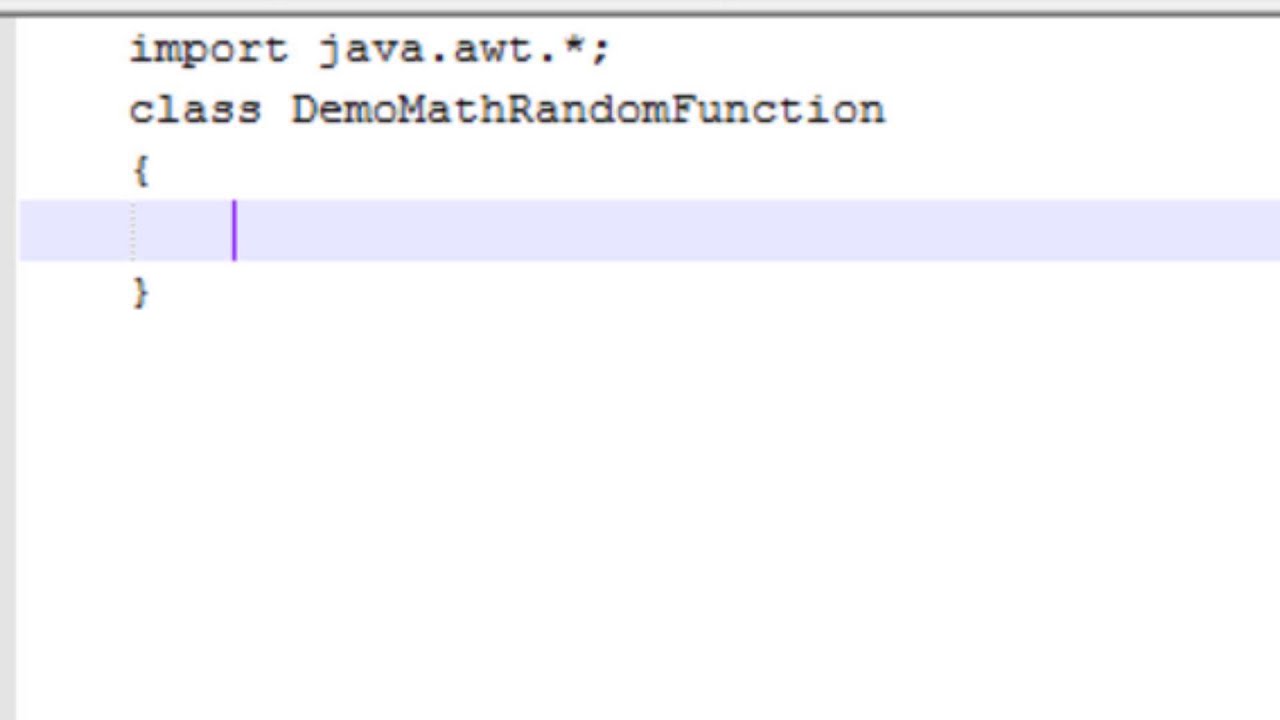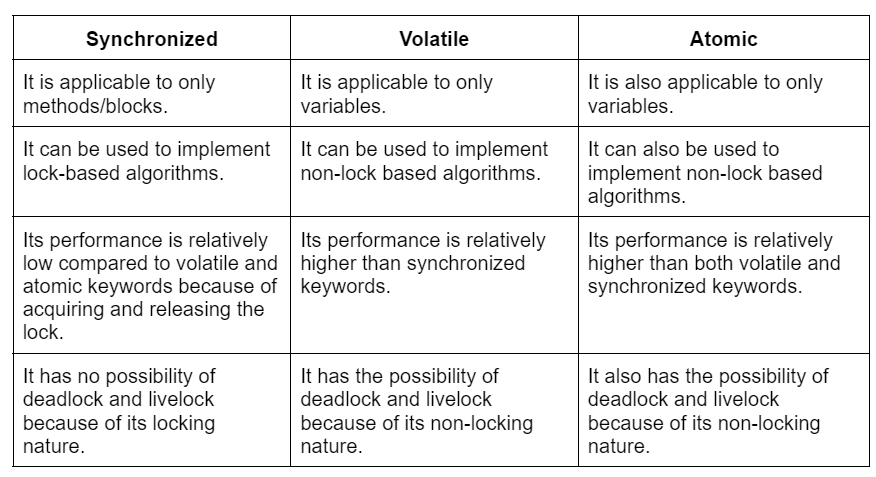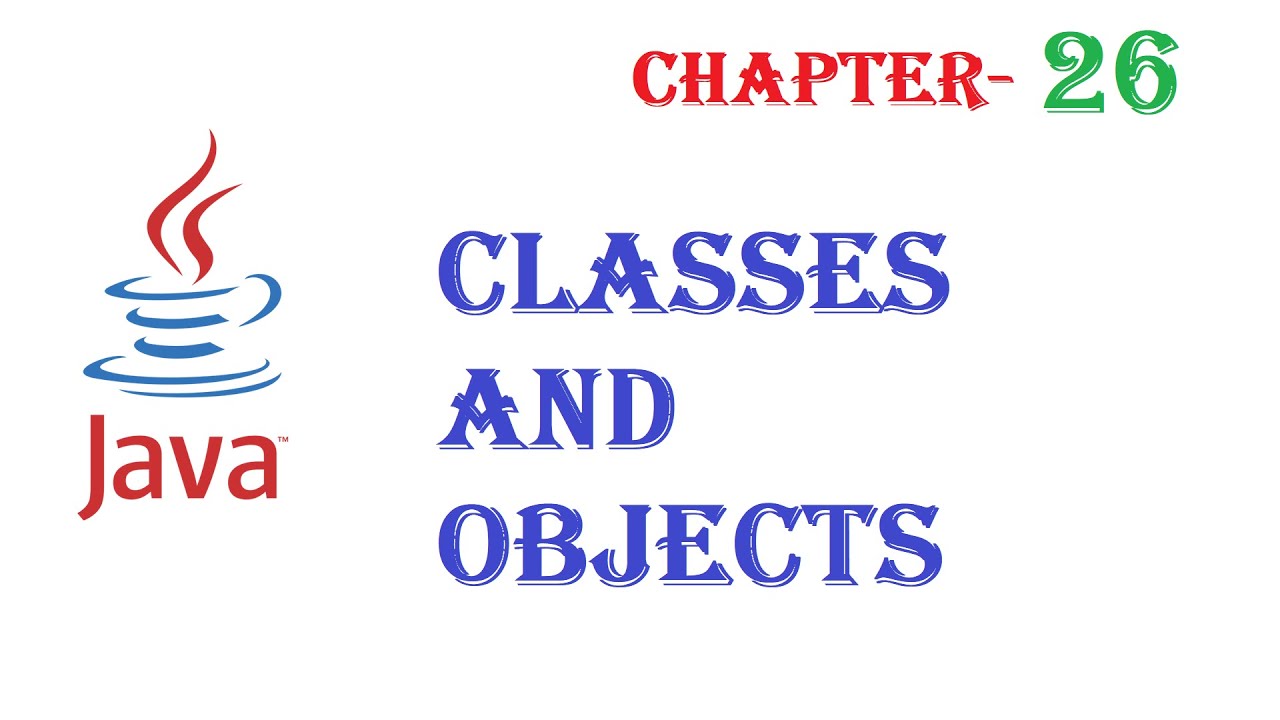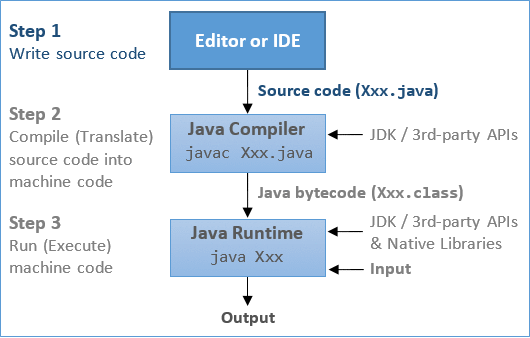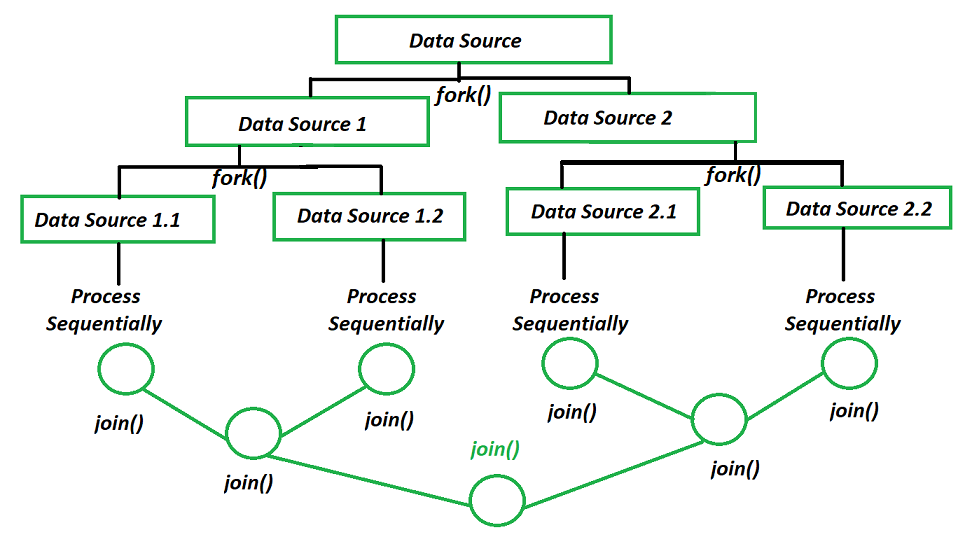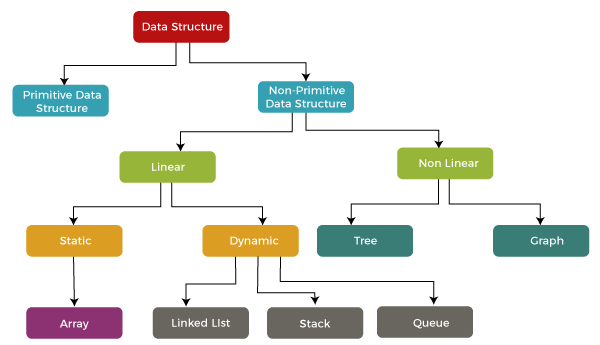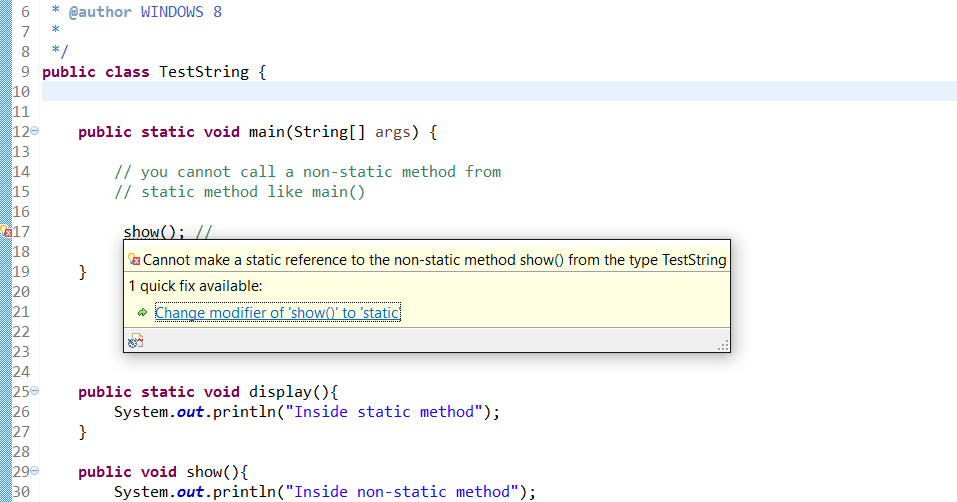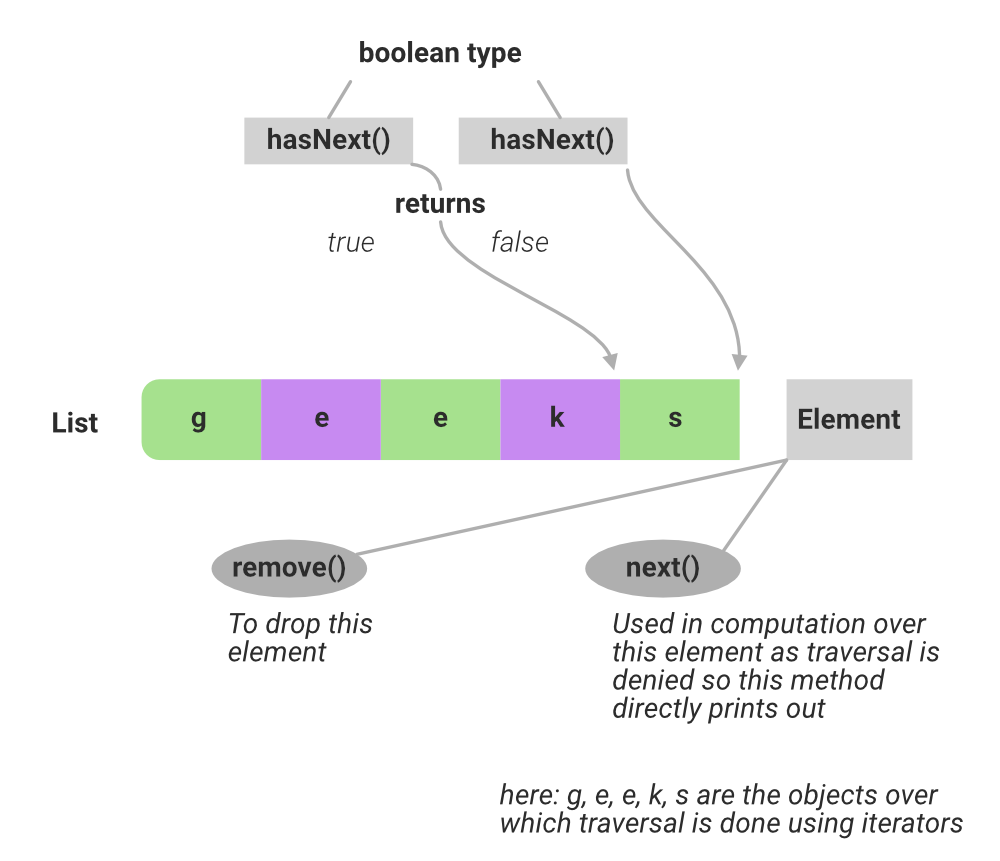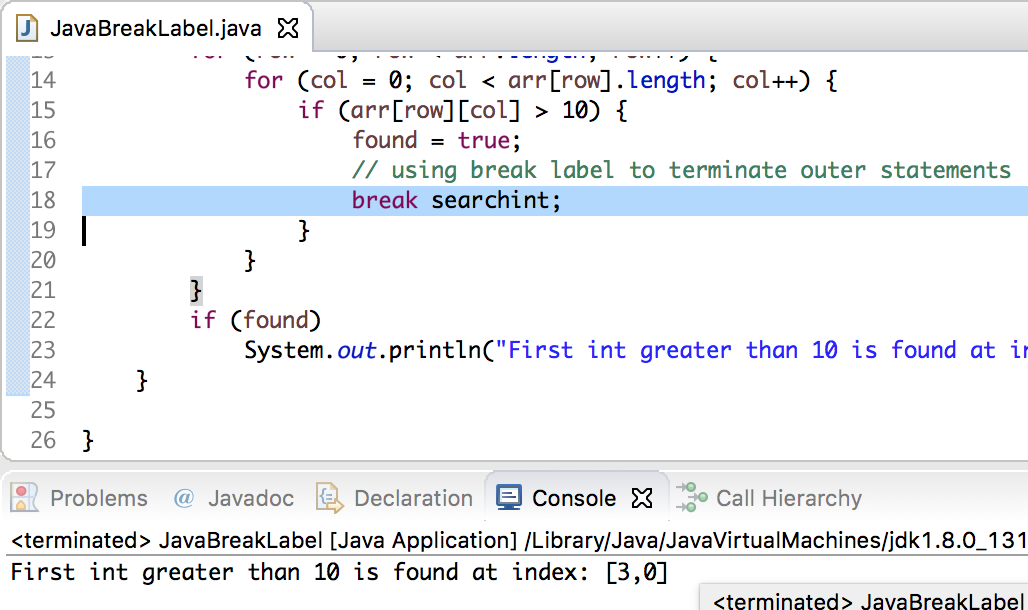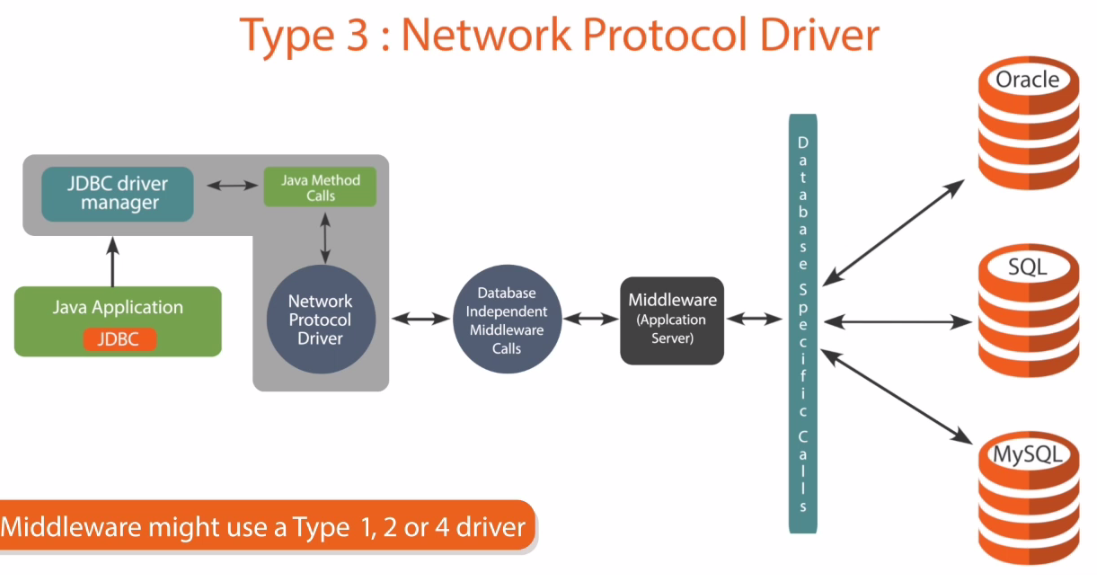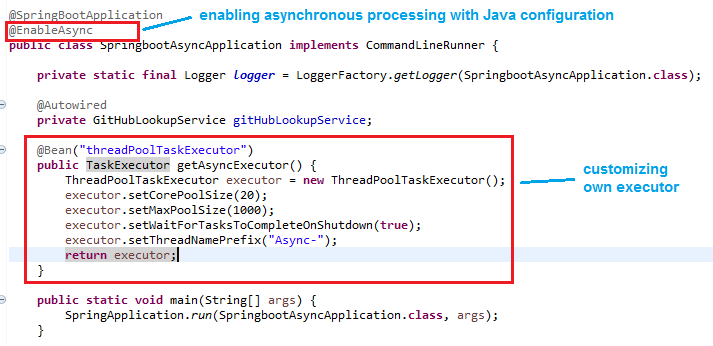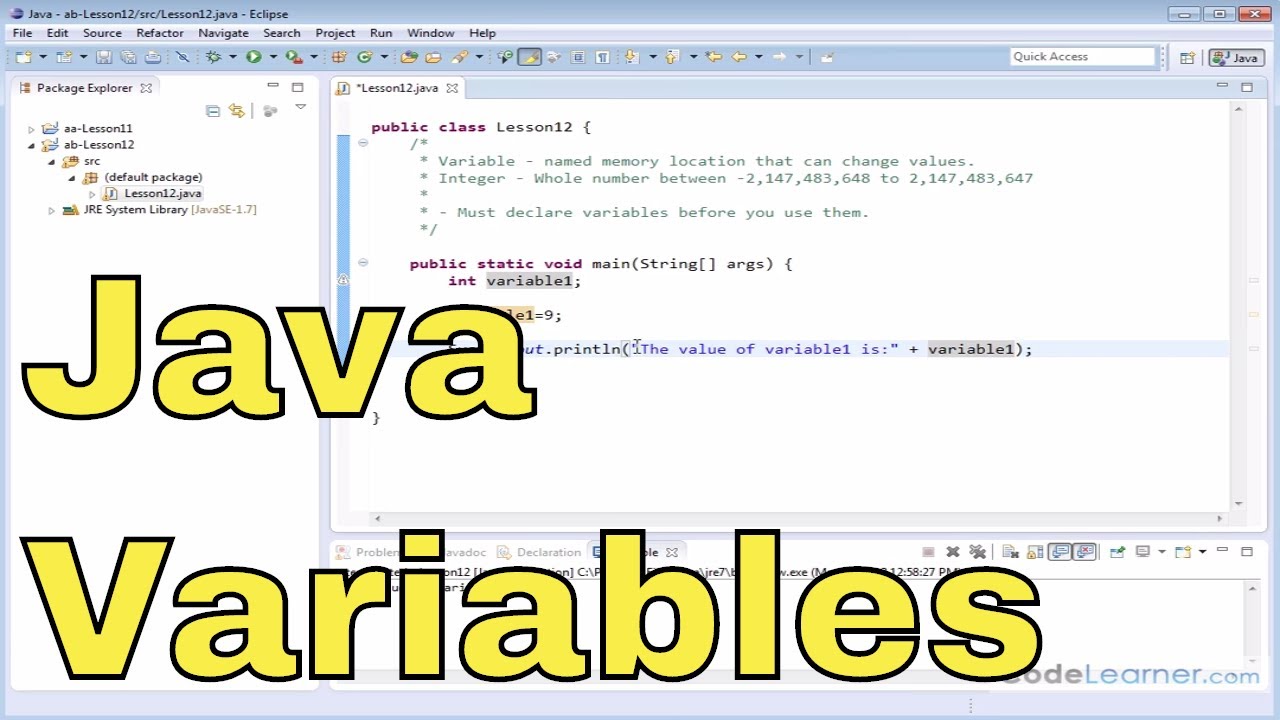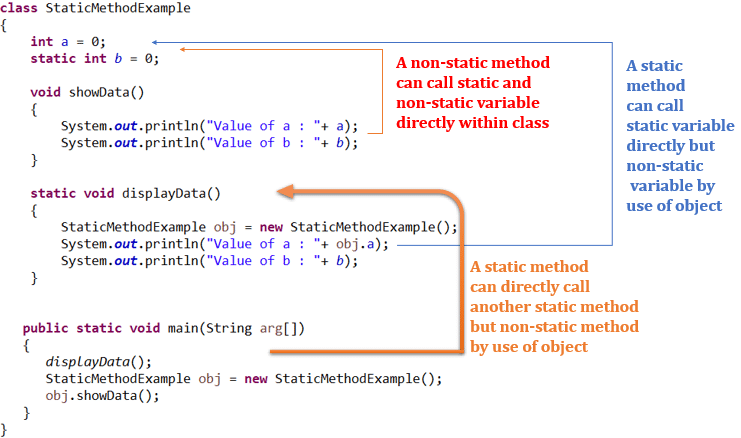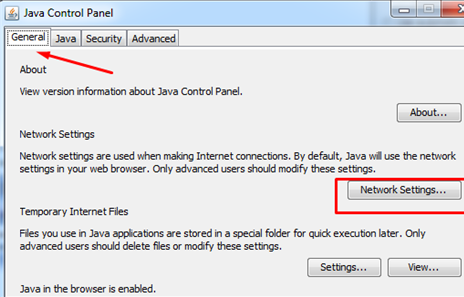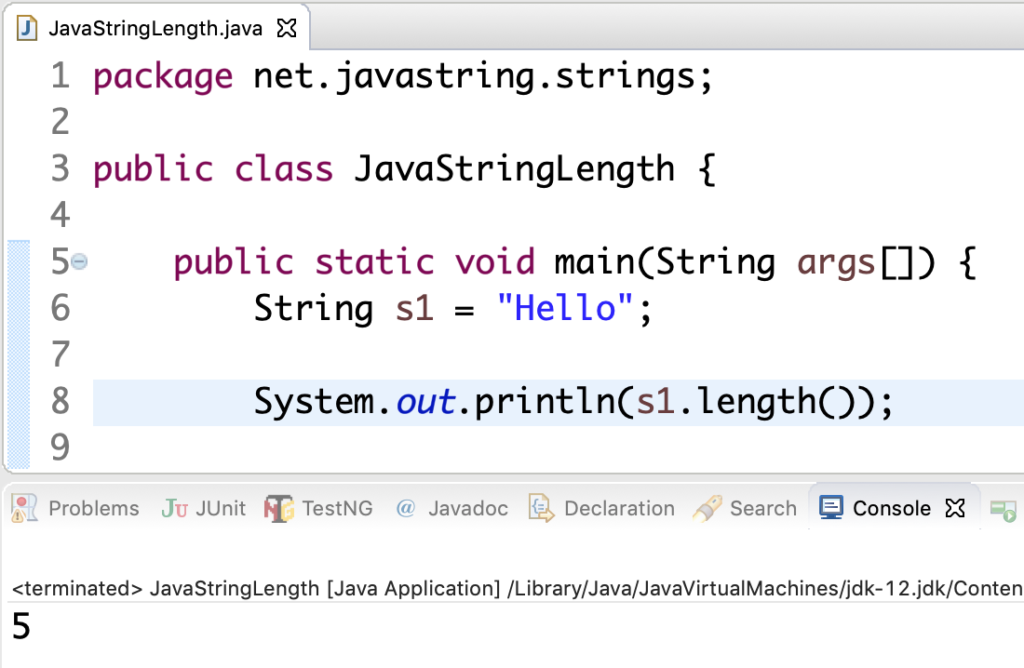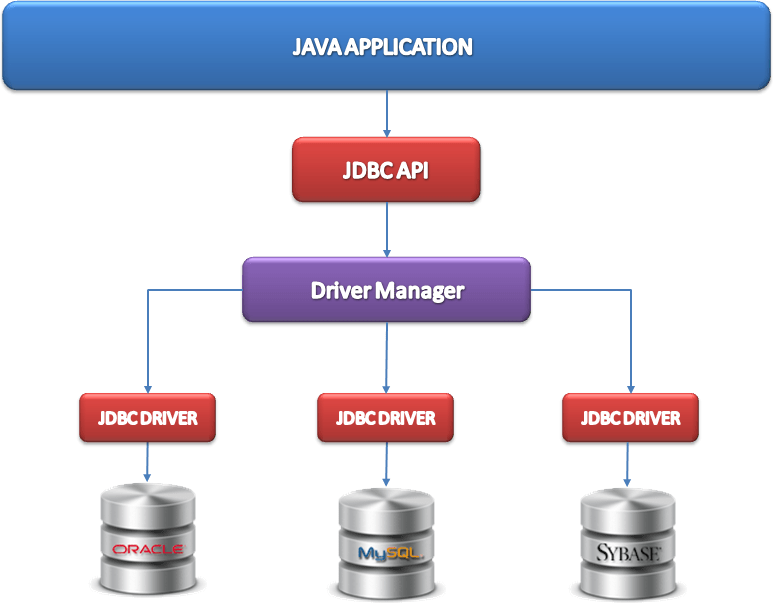Is there reflection in Java?
Is there reflection in Java?
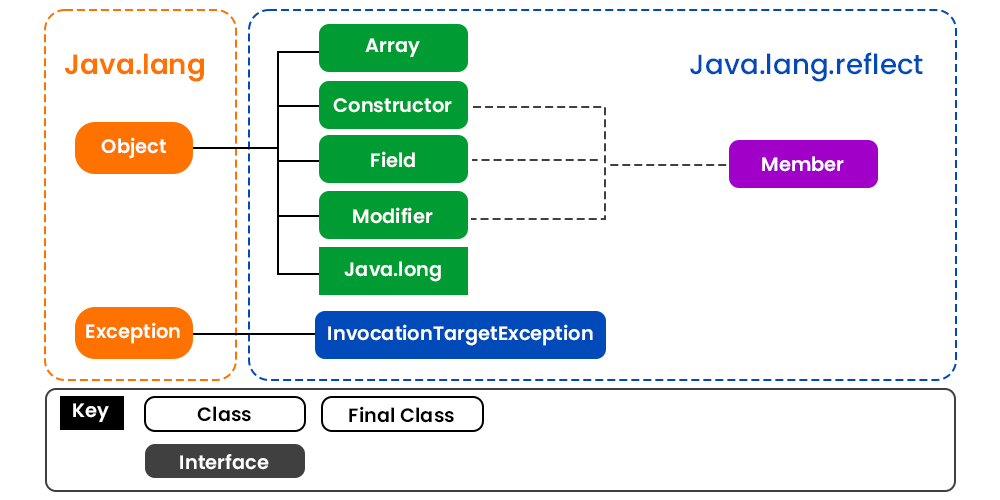
I'm glad you asked!
In Java, the concept of "reflection" is a powerful feature that allows your code to examine and manipulate the structure and behavior of other objects at runtime. It's like having a superpower that lets you peek behind the curtains of your program and change its behavior on the fly.
Reflection in Java is achieved through the use of various APIs (Application Programming Interfaces) and classes, primarily the java.lang.Class class, which represents the class or interface type of an object.
Here are some key features of reflection in Java:
Class Inspection: You can inspect the structure of a class, including its methods, fields, constructors, and annotations. This allows you to determine what a class looks like at runtime.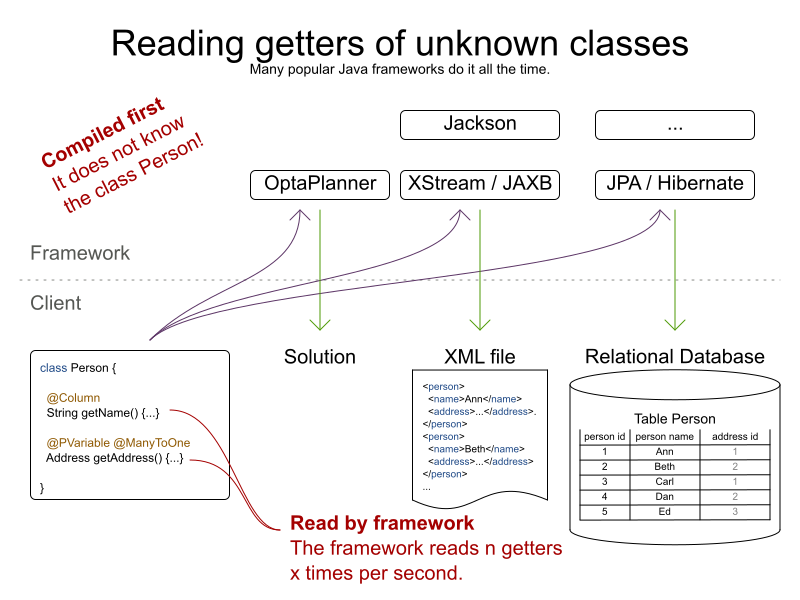

To illustrate the power of reflection in Java, consider a simple example:
public class Animal {private String name;
public Animal(String name) {
this.name = name;
}
public void makeSound() {
System.out.println("The " + name + " makes a sound.");
}
}
public class Main {
public static void main(String[] args) throws Exception {
// Create an instance of Animal
Class<?> animalClass = Class.forName("Animal");
Animal animal = (Animal) animalClass.getDeclaredConstructor(String.class).newInstance("Lion");
// Get the makeSound method and invoke it
Method makeSoundMethod = animalClass.getMethod("makeSound");
makeSoundMethod.invoke(animal);
}
}
In this example, we create an instance of Animal dynamically using reflection. We then retrieve the makeSound() method and invoke it on the animal object.
This is just a taste of what you can do with reflection in Java. It's a powerful tool that allows you to write more flexible, dynamic, and adaptable code – which is essential for building robust software systems.
Now, go forth and harness the power of reflection in your own Java projects!
java dynamic method call without reflection
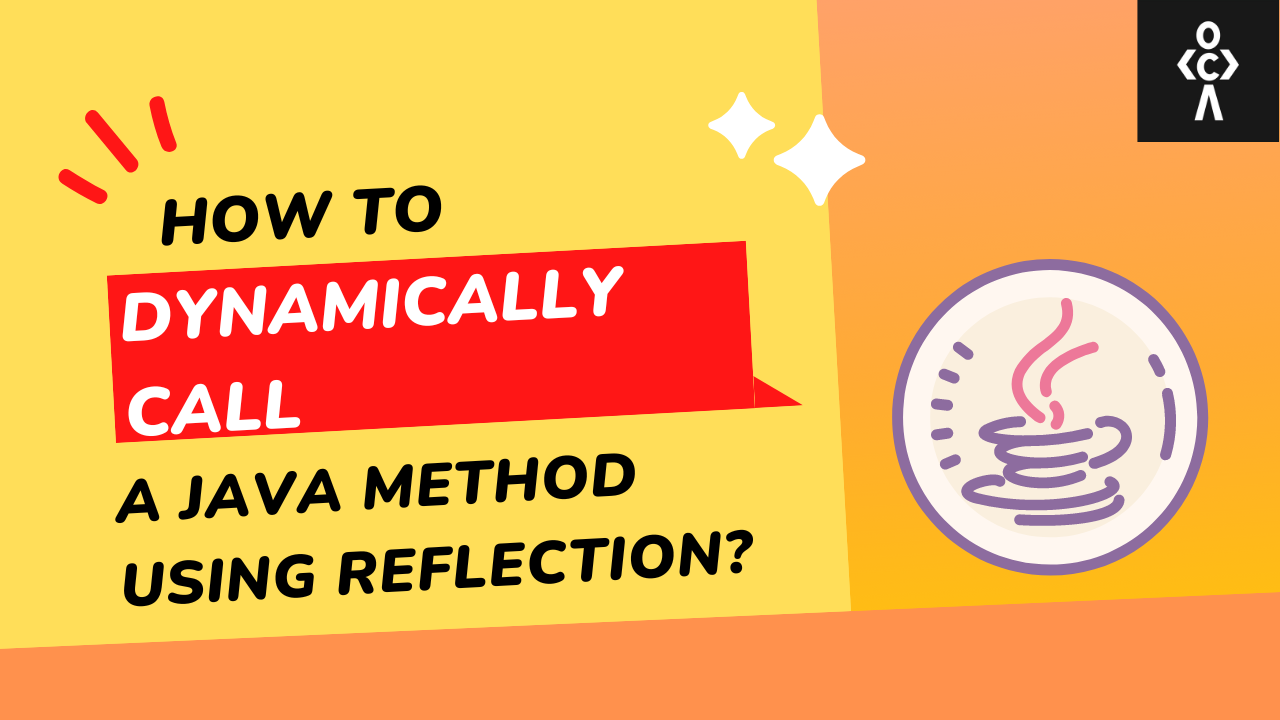
Java provides several ways to achieve dynamic method invocation without using Java Reflection API. Here are some approaches:
Method Handles: Introduced in Java 8, Method Handles allow you to invoke a method dynamically by creating an instance ofMethodHandle and calling its invoke() or invokeExact() methods. You can use java.lang.invoke.MethodHandles class to create a MethodHandle object.
Example:
Lambda Expressions: Starting from Java 8, you can use lambda expressions to create a dynamic method invocation. This approach allows you to create a functional interface that implements the target method and then invoke it usingpublic class DynamicMethodInvoke {public static void main(String[] args) throws Throwable {
// Assume you have a class with a method like this:
interface MyInterface {
void doSomething(int x);
}
// Create an instance of the interface and its implementing class
MyInterface myInterface = MyClass.class.asSubclass(MyInterface.class).getConstructor().newInstance();
// Get the method handle for the method you want to invoke dynamically
MethodHandle methodHandle = java.lang.invoke.MethodHandles.publicLookup(MyClass.class).getMethodHandles().find("doSomething").asMethodHandle();
// Invoke the method with an argument (e.g., 42)
methodHandle.invokeExact(42);
}
}
invoke() or apply() methods.
Example:
Proxies: You can use Java'spublic class DynamicMethodInvoke {public static void main(String[] args) {
// Assume you have a functional interface like this:
@FunctionalInterface
interface MyFunctionalInterface {
void doSomething(int x);
}
// Create an instance of the functional interface that invokes your target method
MyFunctionalInterface myFunctionalInterface = (x) -> MyClass.doSomething(x);
// Invoke the method with an argument (e.g., 42)
myFunctionalInterface.apply(42);
}
}
java.lang.reflect.Proxy class to create a dynamic proxy that invokes a target method at runtime. This approach is more complex and requires creating a proxy class that implements the target method.
Example:
Annotation Processors: You can use Java's annotation processors to create a dynamic invocation of a target method at compile-time or runtime. This approach is more complex and requires implementing an annotation processor that generates bytecode for the target method.public class DynamicMethodInvoke {public static void main(String[] args) throws Exception {
// Assume you have a class with a method like this:
interface MyInterface {
void doSomething(int x);
}
// Create an instance of the interface and its implementing class
MyInterface myInterface = (MyInterface) Proxy.newProxyInstance(MyClass.class.getClassLoader(),
new Class<?>[]{MyInterface.class}, (proxy, method, args) -> MyClass.doSomething(args[0]));
// Invoke the method with an argument (e.g., 42)
myInterface.doSomething(42);
}
}
Example:
public class DynamicMethodInvoke {public static void main(String[] args) throws Exception {
// Assume you have an annotation like this:
@Retention(RetentionPolicy.RUNTIME)
@Target(ElementType.METHOD)
public @interface MyAnnotation {
}
// Create a dynamic invocation of the target method using an annotation processor
MyClass myClass = new MyClass();
Method method = myClass.getClass().getMethod("doSomething", int.class);
Annotation[] annotations = method.getAnnotations();
for (Annotation annotation : annotations) {
if (annotation instanceof MyAnnotation) {
// Invoke the method with an argument (e.g., 42)
method.invoke(myClass, 42);
}
}
}
}
In summary, Java provides several ways to achieve dynamic method invocation without using reflection API. The choice of approach depends on your specific use case and requirements.

